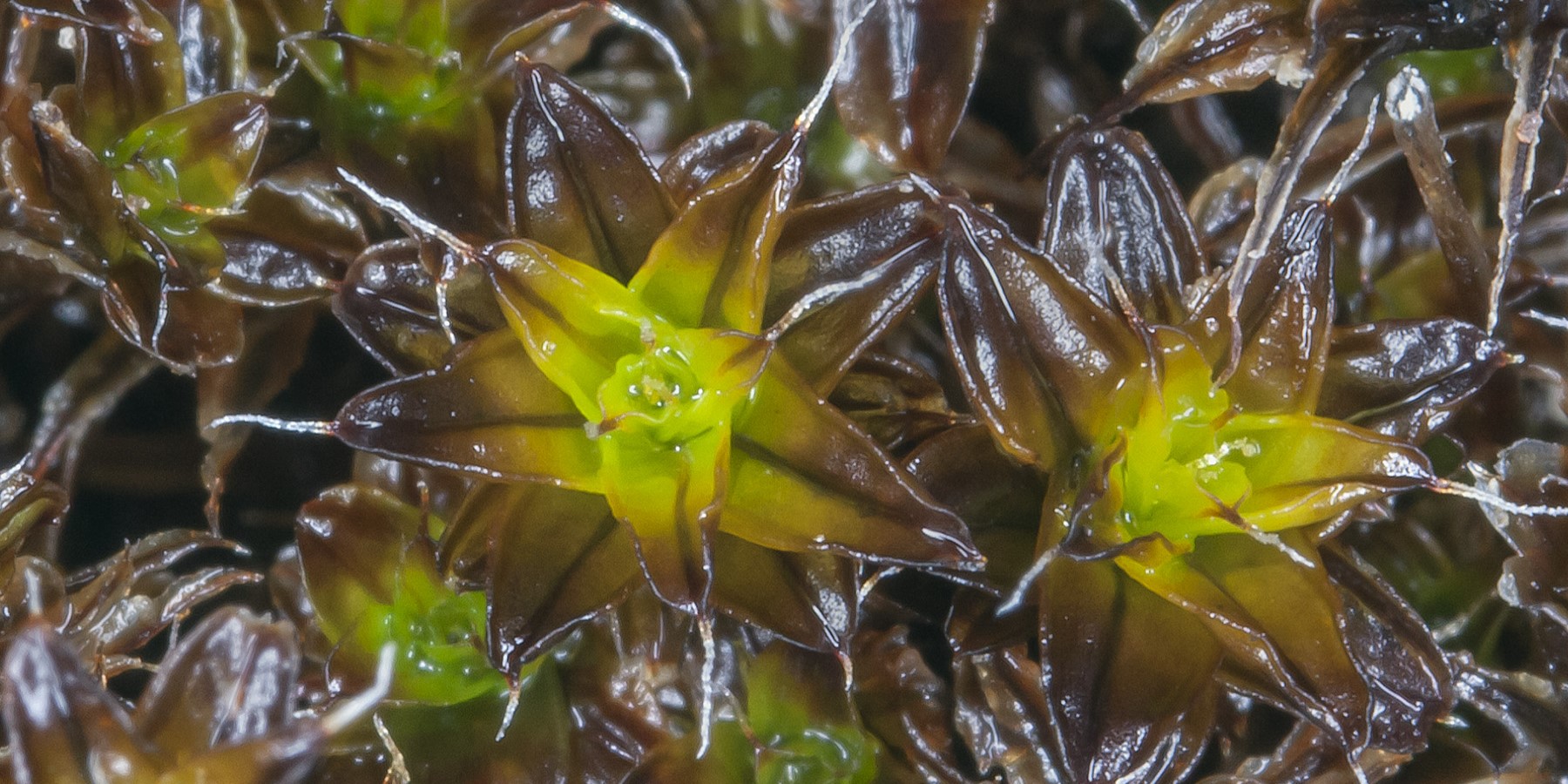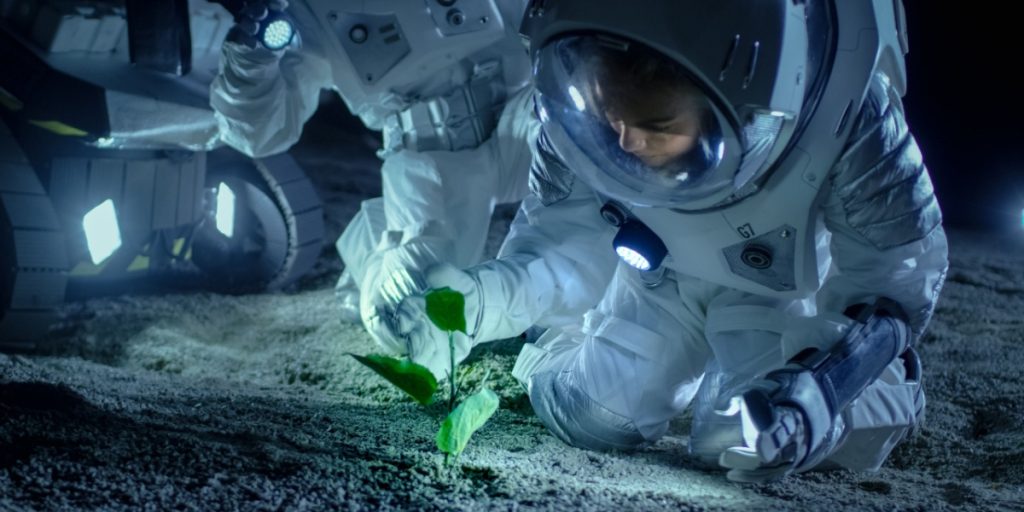Scientists find a plant that might be key to establishing life on the Red Planet.
Others are reading now
In the movie The Martian, Matt Damon’s character survives by growing potatoes on Mars.
In reality, scientists believe they have found a resilient plant that could pave the way for life on Mars.
This remarkable greenery, capable of withstanding extreme conditions, might be the best candidate for colonizing the Red Planet.
The Moss That Could Survive Mars
The plant is a type of moss, known as Syntrichia caninervis, which thrives in some of the harshest environments on Earth — from the Tibetan tundra to the Antarctic polar desert.
Also read
According to a study by the Chinese Xinjiang Institute of Ecology and Geography, this moss can endure temperatures as low as -196°C (approximately -320.8°F), extreme drought, and radiation levels that would be lethal to most other life forms.

Study Findings
The study subjected Syntrichia caninervis to conditions mimicking those on Mars, including similar pressures, temperatures, gases, and UV radiation.
The researchers found that the moss could survive being stored at -80°C (-112°F) for up to five years and at -196°C (-320.8°F) for 30 days. After thawing, the plant regenerated and continued to grow.
The moss also withstood Mars-like ultraviolet radiation and even thrived at levels up to 500 gray (Gy). For comparison, humans typically die after exposure to about 8 Gy, making the moss approximately 60 times more robust than humans.
Implications for Mars Colonization
The researchers believe that this resilient moss could be taken to Mars, and possibly the Moon, to further test its potential for plant colonization and growth in outer space.
Mars presents a lot of challenges for human exploration and habitation, including harmful ultraviolet light due to the planet’s thin atmosphere, which lacks a protective ozone layer.
Mars’ atmospheric pressure is less than 1% of Earth’s, averaging around 6 millibars compared to Earth’s 1,013 millibars at sea level.
The average surface temperature on Mars is about -63°C (-81.4°F), ranging from -153°C (-243.4°F) in winter to 20°C (68°F) in summer at the equator.
Despite these harsh conditions, the discovery of Syntrichia caninervis’s extreme resilience offers hope for future space missions and the possibility of establishing life on Mars.


